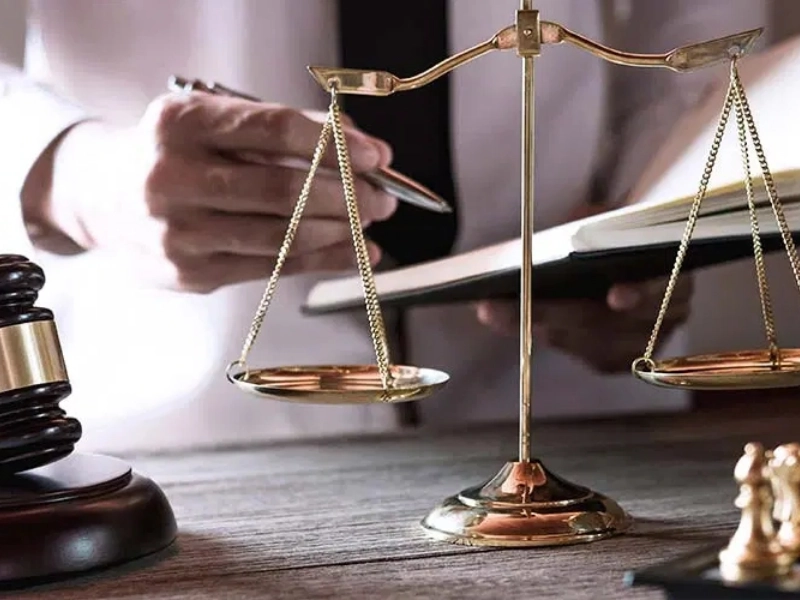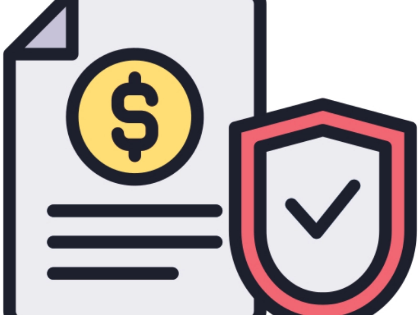Recognizing Blockchain and Cryptocurrency's Legal Consequences
The main legal issues surrounding cryptocurrencies and blockchain technology are mostly related to financial fraud, data theft, and market manipulation. But when applied properly, new technologies are usually neither restricted nor outlawed by the law. All kinds of data items, such as transactions, election votes, product inventories, state identities, and property documents, can be permanently recorded on blockchains. However, in order for these systems to be effective, they need to be kept up-to-date around the clock.
Blockchain and Cryptocurrency's Legal Repercussions

The Legal Consequences of Smart Contracts
 Smart contracts are intriguing concepts that involve computer code that, when specific criteria are satisfied, automatically conducts transactions. Nonetheless, these contracts have a wide range and complexity of legal ramifications.
Due to their possible influence on contract law, smart contracts have drawn a lot of interest from legal experts and practitioners. The entire spectrum of legal ramifications associated with these use cases is, nevertheless, rarely covered in talks about smart contracts.
For instance, a lot of cryptocurrencies are utilized for criminal purposes, including fraud and money laundering. This is problematic since it is difficult to identify and prosecute perpetrators due to the decentralized structure of cryptocurrencies. Furthermore, because many cryptocurrencies are capable of crossing international borders, it can be difficult to determine which legislation will apply in each case. It could be unclear which law applies, or it might depend on the particulars of the transaction. As their Oracle, smart contracts also frequently rely on data and software that is not stored on the blockchain.
Smart contracts are intriguing concepts that involve computer code that, when specific criteria are satisfied, automatically conducts transactions. Nonetheless, these contracts have a wide range and complexity of legal ramifications.
Due to their possible influence on contract law, smart contracts have drawn a lot of interest from legal experts and practitioners. The entire spectrum of legal ramifications associated with these use cases is, nevertheless, rarely covered in talks about smart contracts.
For instance, a lot of cryptocurrencies are utilized for criminal purposes, including fraud and money laundering. This is problematic since it is difficult to identify and prosecute perpetrators due to the decentralized structure of cryptocurrencies. Furthermore, because many cryptocurrencies are capable of crossing international borders, it can be difficult to determine which legislation will apply in each case. It could be unclear which law applies, or it might depend on the particulars of the transaction. As their Oracle, smart contracts also frequently rely on data and software that is not stored on the blockchain.
Privacy's Legal Repercussions
 Legal requirements for blockchain networks might vary depending on the use case and platform. Identifying whether they are financial products (such as securities, derivatives, or electronic money) and, as such, come under the purview of laws governing regulated markets or trading venues, or whether they are deemed to be a "money transmission" or "money services business," necessitating adherence to relevant money transmission and money laundering regulations, are some examples of these.
Concerns about privacy also surface. Since there are no centralized authorities for cryptocurrencies and their value is solely determined by the value that other users assign to them, their anonymity may draw in criminal activity. Furthermore, as blockchain analytics tools continue to advance, they will be able to identify users and follow transactions.
Lastly, regulations pertaining to the cross-border movement of data, such as the California Consumer Privacy Act (CCPA) and the EU's General Data Protection Regulation (GDPR), may apply to blockchain platforms and users. This necessitates carefully weighing the technology and its applications.
Legal requirements for blockchain networks might vary depending on the use case and platform. Identifying whether they are financial products (such as securities, derivatives, or electronic money) and, as such, come under the purview of laws governing regulated markets or trading venues, or whether they are deemed to be a "money transmission" or "money services business," necessitating adherence to relevant money transmission and money laundering regulations, are some examples of these.
Concerns about privacy also surface. Since there are no centralized authorities for cryptocurrencies and their value is solely determined by the value that other users assign to them, their anonymity may draw in criminal activity. Furthermore, as blockchain analytics tools continue to advance, they will be able to identify users and follow transactions.
Lastly, regulations pertaining to the cross-border movement of data, such as the California Consumer Privacy Act (CCPA) and the EU's General Data Protection Regulation (GDPR), may apply to blockchain platforms and users. This necessitates carefully weighing the technology and its applications.
The Legal Repercussions of International Trade
 Complex legal difficulties may arise from cross-border transactions using blockchain technology. Whether the transaction involves a platform that transfers cryptocurrencies or cryptoassets is an important factor to take into account because it may need regulatory registration and compliance in several jurisdictions. Knowing if the blockchain network and its users are governed by laws pertaining to financial services, payment services, or money transmission—including relevant anti-money laundering and know-your-customer regulations—is also crucial.
Because blockchain networks and cryptocurrencies are sometimes unregulated, it is challenging to make sure they are adhering to the essential anti-money laundering and other security protocols. In addition, there are no laws in the bitcoin area that prohibit market manipulation.
According to the Howey test, a number of blockchain use cases, including token sales and other cryptocurrency issuances, may violate securities laws. Contracts carried out on a blockchain may be further complicated by the fact that, depending on each party's country, they may be governed by different laws. The application of the law, its interpretation, and the settlement of disputes may all be significantly impacted by this.
Complex legal difficulties may arise from cross-border transactions using blockchain technology. Whether the transaction involves a platform that transfers cryptocurrencies or cryptoassets is an important factor to take into account because it may need regulatory registration and compliance in several jurisdictions. Knowing if the blockchain network and its users are governed by laws pertaining to financial services, payment services, or money transmission—including relevant anti-money laundering and know-your-customer regulations—is also crucial.
Because blockchain networks and cryptocurrencies are sometimes unregulated, it is challenging to make sure they are adhering to the essential anti-money laundering and other security protocols. In addition, there are no laws in the bitcoin area that prohibit market manipulation.
According to the Howey test, a number of blockchain use cases, including token sales and other cryptocurrency issuances, may violate securities laws. Contracts carried out on a blockchain may be further complicated by the fact that, depending on each party's country, they may be governed by different laws. The application of the law, its interpretation, and the settlement of disputes may all be significantly impacted by this.








